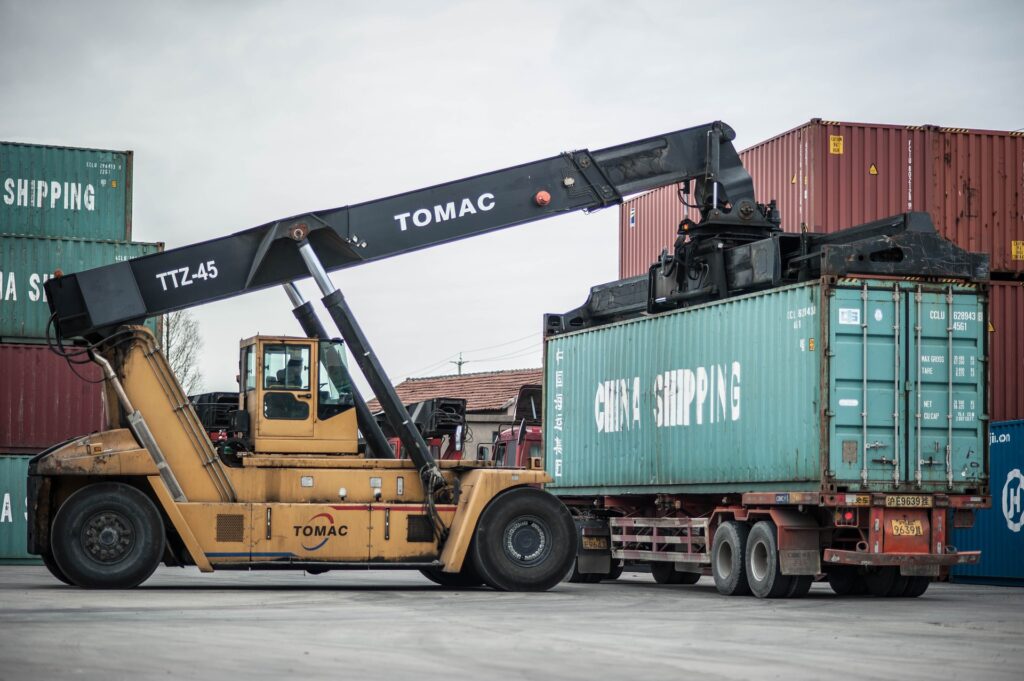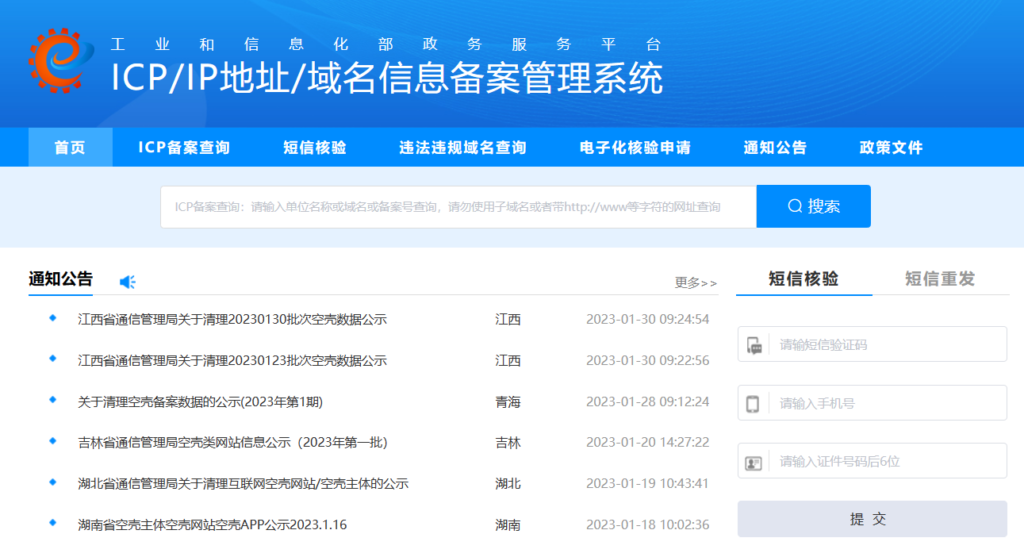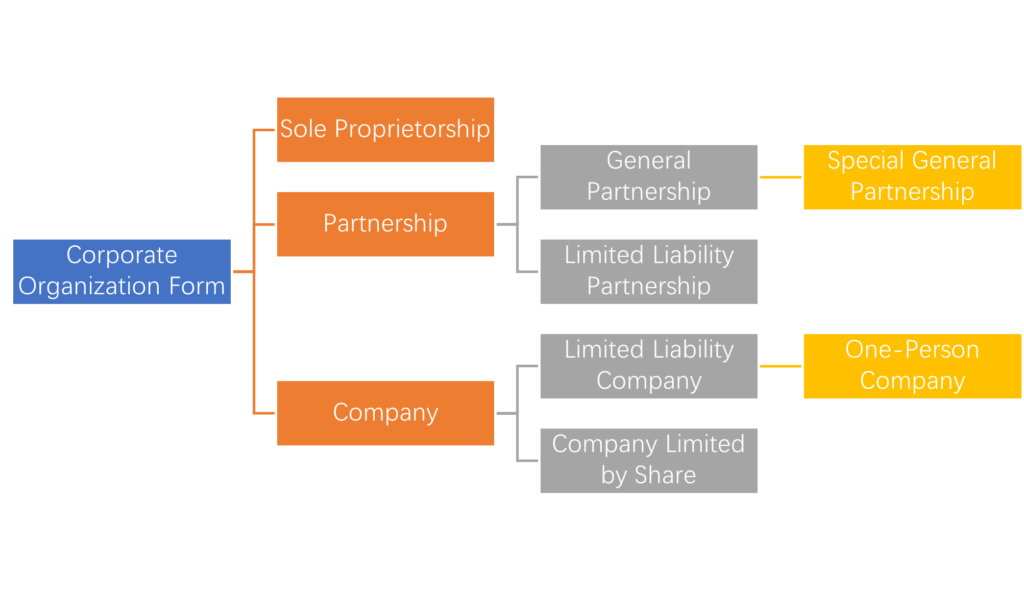Introduction of China’s Cross-Border E-Commerce Regulations (II) - List of Goods for Cross-Border E-commerce Retail Imports

Cross-Border E-Commerce retail imports have been developing rapidly in China. Since 2020, the average annual import value has exceeded 100 billion RMB.
In the previous article, we mentioned the Notice on Improving the Supervision of Cross-border E-commerce Retail Imports, which officially came into effect on January 1st 2019. According to the definition in the notice, Cross-Border E-Commerce retail imports refer to goods purchased from abroad through operators on third-party platforms by domestic consumers in China. Meanwhile, the goods shall be delivered into the territory of China through “Bonded Warehouse Import” (customs supervision code 1210) or “Direct Shipping Import” (customs supervision code 9610).
The notice also stipulates the conditions which above-mentioned goods should meet. The goods must be listed in the List of Goods for Cross-Border E-commerce Retail Imports and are only limited to personal use, as well as meet the provisions of the taxation policy of Cross-Border E-Commerce retail imports.
In this article we will talk about the list. Back in 2016, the Ministry of Finance with other authorities formulated the List of Goods for Cross-Border E-commerce Retail Imports. There are 1,240 taxable items in the list, covering food and beverages, clothes and footwear, household appliances, cosmetics, toys, fresh products, health products and etc. that are popular in China. The list has been expanded afterwards. In the 2019 edition of the list, the number of taxable items has reached 1,413.
In January 2022, eight ministries and departments jointly issued a notice and announced that the 2019 edition of the list would officially have been optimized and adjusted from March 1st 2022. Please find the latest adjustments here.
Anber Consulting summarized the main adjustments for you:
- 29 new taxable items have been added, such as skiing equipment, tomato juice and other popular goods.
- Relevant provisions relating to goods listed in the Commodity Catalog of Import and Export Wild Fauna and Flora have been added.
- Other relevant remarks have been added. For example, one is to add the remark “Except for the goods listed in Catalog of the Goods Prohibited from Import (seventh Batch)”. The other is to add the remark “Bonded warehouse products only”.
Compliance Suggestions
There are different challenges of doing business in China, regulatory compliance is a critical point foreign companies should not neglect. With the support of Anber Consulting, we will overcome these barriers together with you. To learn more about China Market Entry strategies and regulations, please feel free to send me an email at siming.sun@anber-consulting.com.






